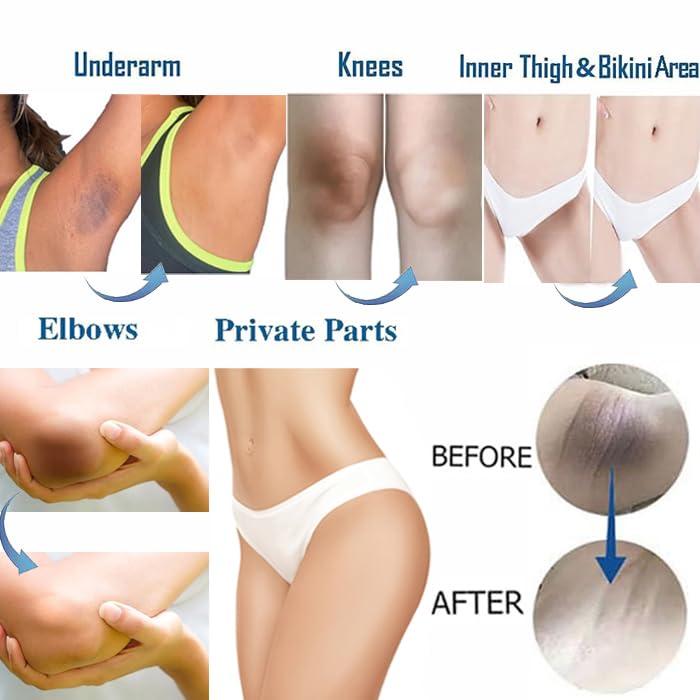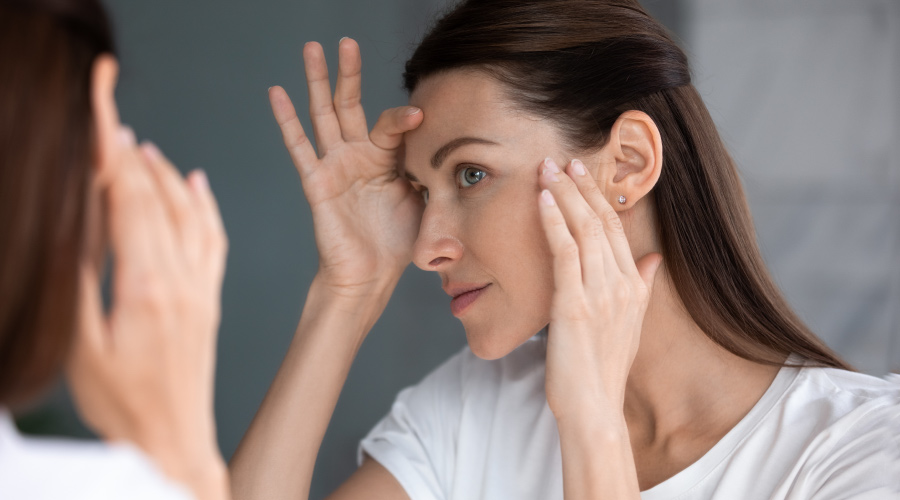

Introduction Acne is influenced by various factors, including lifestyle choices. Making positive changes in your daily habits can significantly impact your skin’s health. This blog explores the relationship between lifestyle and acne and provides tips for making beneficial changes.
The Connection Between Exercise and Acne Regular exercise is essential for overall health, including skin health. Exercise increases blood circulation, which helps nourish skin cells and keep them healthy. It also reduces stress, a known trigger for acne. However, it is crucial to cleanse your skin after exercising to remove sweat and bacteria that can cause breakouts.
Healthy Eating Habits A balanced diet plays a crucial role in maintaining clear skin. Avoiding processed foods and sugary snacks can help reduce acne. Instead, focus on whole foods rich in vitamins and minerals. Foods high in zinc, such as nuts and seeds, have been shown to reduce acne. Additionally, incorporating probiotics into your diet can improve gut health, which is linked to skin health.
Hydration and Detoxification Drinking plenty of water is vital for detoxifying the body and keeping the skin hydrated. Proper hydration helps flush out toxins that can contribute to acne. Herbal teas, like dandelion and nettle, are excellent for detoxification and can be a beneficial addition to your hydration routine.
Skincare Routine Best Practices Adopting a skincare routine that suits your skin type is essential for preventing acne. Use non-comedogenic products that do not clog pores. Gentle cleansing, regular exfoliation, and proper moisturization are key steps. Incorporating products with natural ingredients, such as tea tree oil and aloe vera, can help soothe and heal the skin.
Managing Stress Effectively Chronic stress can lead to hormonal imbalances that trigger acne. Finding effective ways to manage stress is crucial for clear skin. Activities such as mindfulness meditation, yoga, and spending time in nature can help reduce stress levels. Prioritizing self-care and setting aside time for relaxation can have a positive impact on your skin.
The Role of Sleep in Skin Health Sleep is a critical factor in skin health. During sleep, the body repairs and regenerates skin cells. Lack of sleep can lead to increased inflammation and stress, both of which can exacerbate acne. Creating a bedtime routine that promotes relaxation and ensures adequate rest is essential for maintaining healthy skin.